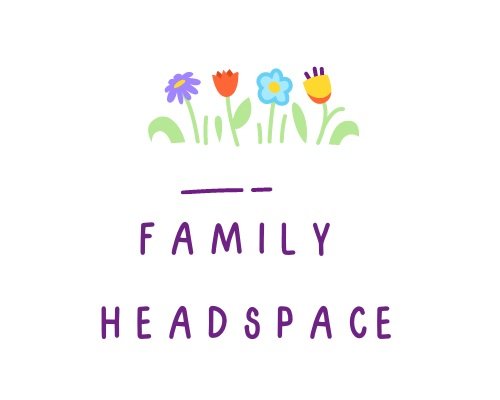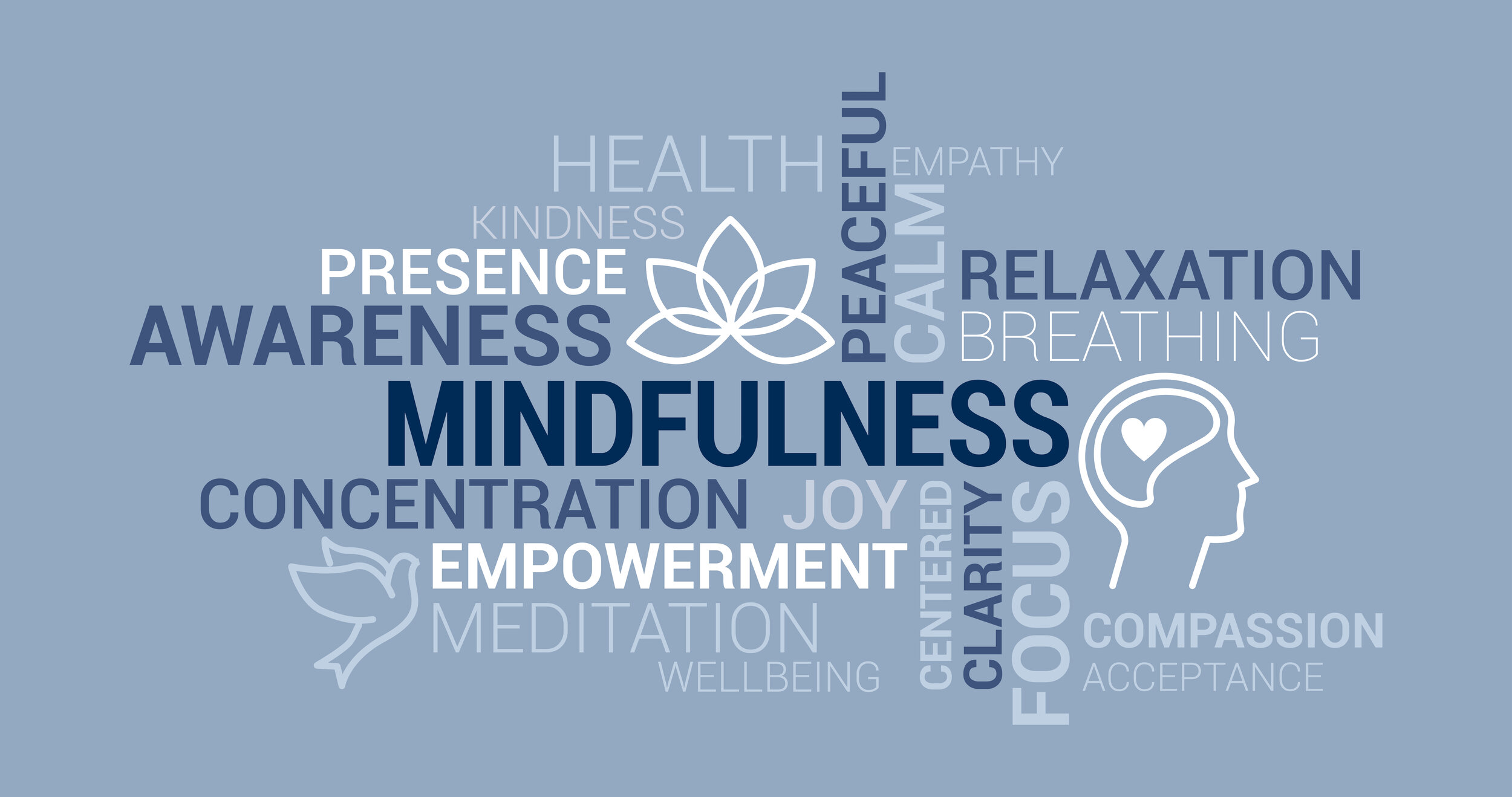What is Mindfulness?
I think almost everyone has heard about Mindfulness but most people don’t know what it really means. If you google it, you get a flood of information which can seem a bit impenetrable and off putting. For me mindfulness is looking the world through the eyes of a child; this is why it is often referred to as Beginners Mind. I remember when my youngest son was one and we were sitting on the grass in the garden I noticed this curiosity in his eyes. He touched the grass for the first time and just spent some time exploring the texture of the grass between his fingers. Then he put it in his mouth and tried to eat it, being really curious about his experience. And me on the other side, was looking at the grass thinking it could be a lusher green, there were patches I wanted fixing, and it needed cutting but I didn’t have time for it all and that triggered lots of other thoughts and feelings. So, in a nutshell, mindfulness is what my son experienced, exploring the world through his senses, being present, and bringing a non-judgmental curiosity to what is happening at that moment. Where my reaction was the opposite to his. I was just in my mind, lost in my thoughts, not paying any attention to my primary experience.
Mindfulness is being aware of our experience at this moment, whatever that might be. It involves being aware of all of our senses- touch,smell, sight, hearing, taste. When we explore the world through our senses we are in the present and this gives the mind a break from the constant chatter.
There is a common misconception about mindfulness that its main purpose is to make the mind blank so we don’t have any thoughts. Unfortunately this is simply not possible. We can’t make the mind go blank but practising mindfulness helps us change our relationship with our thoughts. We become more aware of them and learn that our thoughts are not facts. They might not necessarily be true and we don’t have to believe everything they say.
Mindfulness is a centuries old Buddhist practice. But its current format and particularly the 8 weeks Mindfulness for Stress Courses originates from Jon Kabat-Zinn, who is a Professor of Medicine and also holds Ph.D. in molecular biology. His practice with Buddhist teachers led him in creating the Mindfulness based stress reduction course back in 1979. In his words mindfulness is “paying attention in a particular way: on purpose, in the present moment, and non-judgmentally.” You can also read more about what mindfulness is at my favourite website - Finding Peace in a frantic world.
Benefits of practising
Below are some significant benefits of regularly practising mindfulness. Most people find it very relaxing. However, it is worth mentioning here that the practice might not always be relaxing, as for some people paying attention to your thoughts might trigger an old trauma. This is why it is important to practice with a qualified teacher, who can guide you through any difficult emotions, if there are any at all.
Most practitioners find that mindfulness helps with the following but the list is much longer than that:
Reducing stress, anxiety and depression and the chances of relapse
Improves sleep, general life quality and emotional intelligence
Reducing chronic pain and emotional reaction to it
Improves working memory, creativity and attention span
If the above has not been enough to convince you to give mindfulness a go, please watch the video below from Dan Harris, explaining how mindfulness works and its benefits.
Benefits of mindfulness

